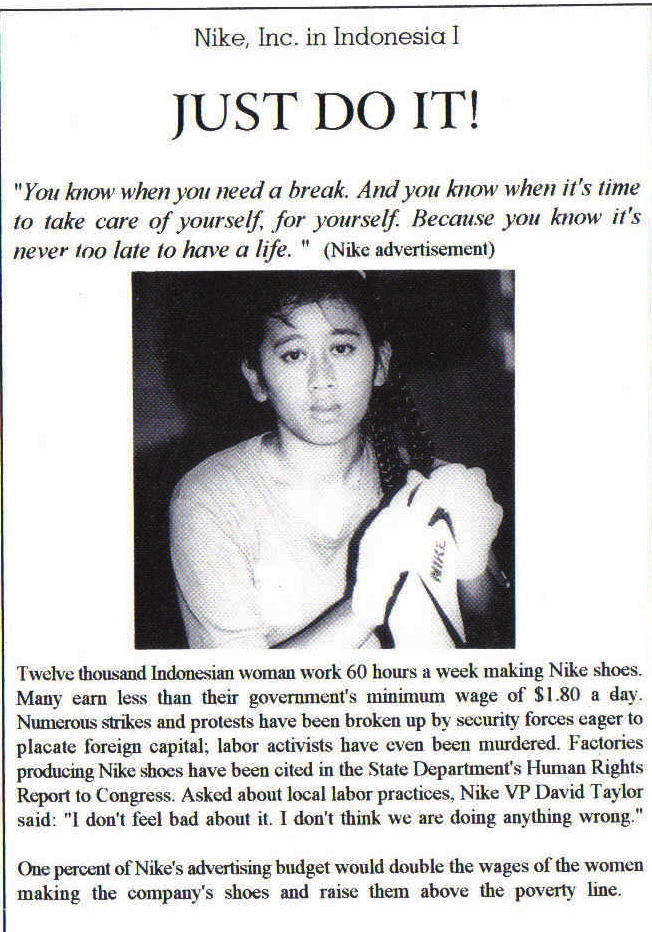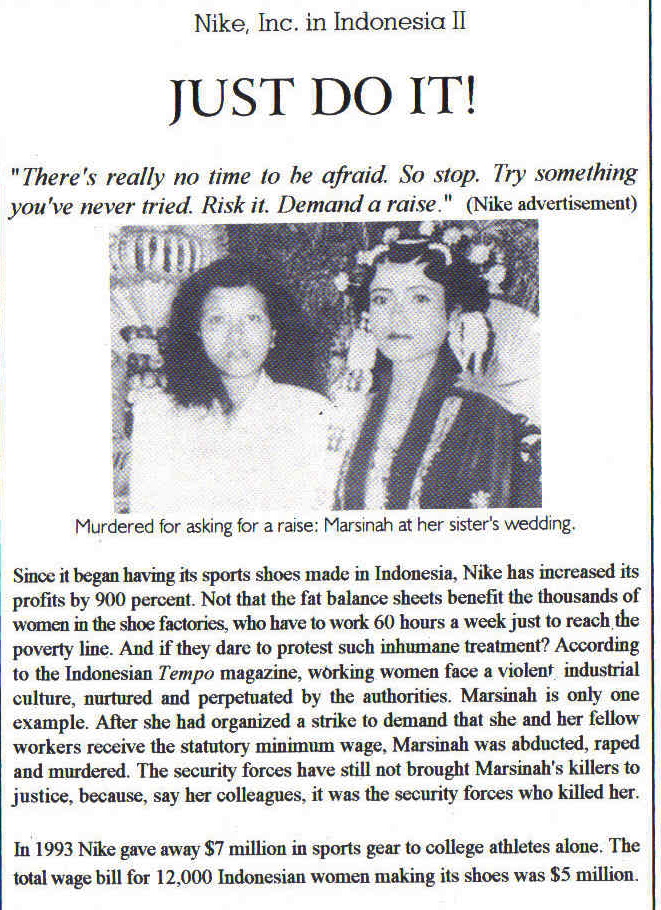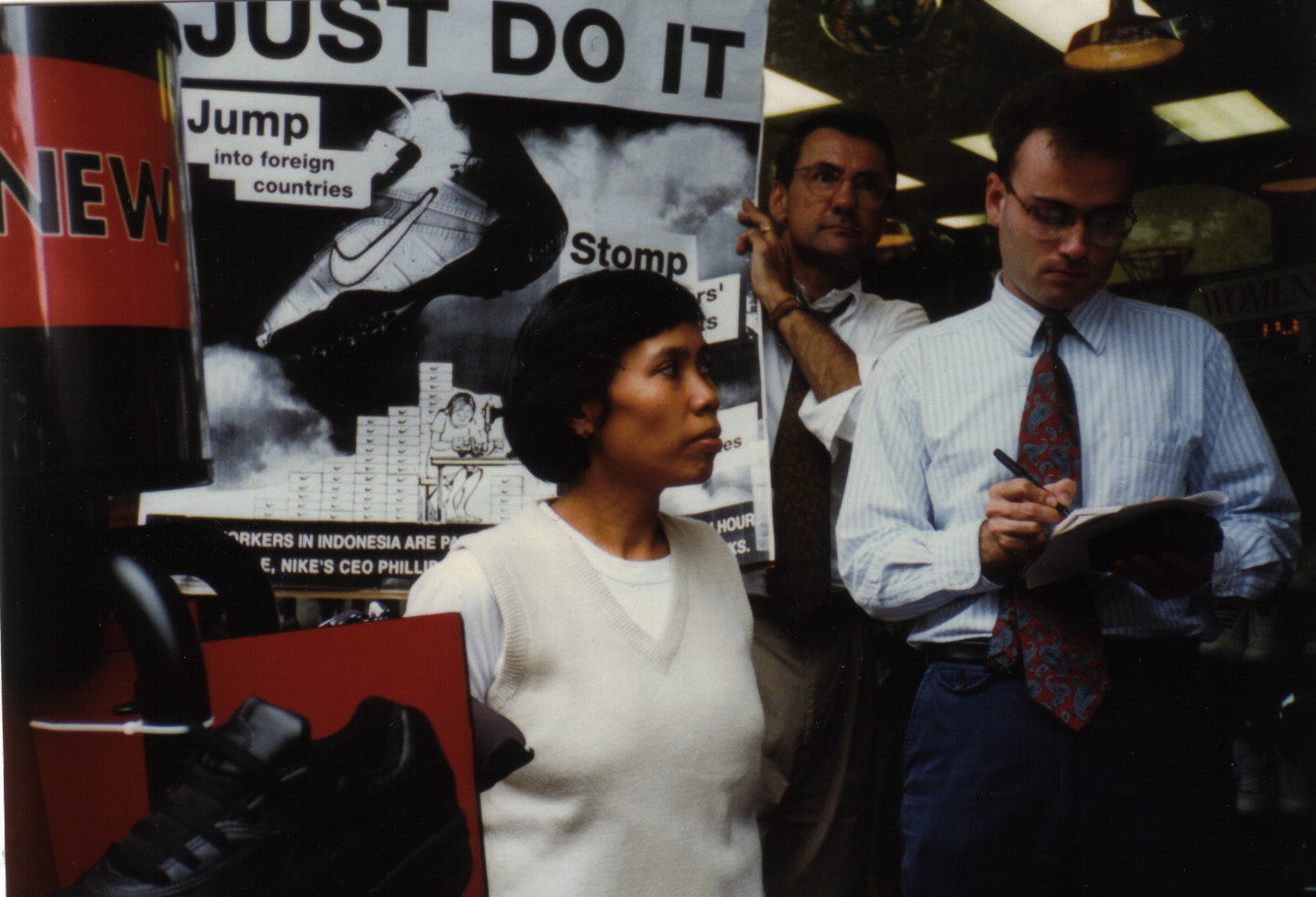Your cart is currently empty!
Category: Campaigns
-
Remittance Justice in the News in China
Chinese Press on Remittance Justice Campaigns and current bill in Ontario.
-
Support Cap on Remittance Fees Now
MPP Jagmeet Singh Asks Question on Remittance Fees to the Minister of Consumer Services in Ontario, Canada.
-

Editorials in Favor of Passing a 5% Cap on Cost of Remittances
A Costly Money Migration from Ottawa Citizen
The Ottawa Citizen May 31, 2012
On Thursday, NDP MPP Jagmeet Singh introduced a private member’s bill in the Ontario legislature that deserves careful consideration from all parties. It would ensure that people in Canada won’t pay prohibitive fees to send small amounts of money overseas.
In general, the NDP instinct to solve the world’s problems by telling private businesses what they can and can’t do should be discouraged. But in this case, there’s a compelling argument for regulation.
International money transfers — also called remittances — are a bulwark against poverty. The World Bank estimates that $483 billion in remittances flowed in 2011, of which $351 billion went to developing countries. This is money that goes directly to people, bypassing governments. It’s more money than flows through foreign aid, it’s voluntary rather than taxed, and it’s resilient to political and economic cycles.
As migration plays an ever greater part in the labour market, there is great potential for remittances to improve the lots of families all over the world.
But there’s a big inefficiency in the system: fees and exchange-rate costs. According to a database maintained by the World Bank, if you’re in Canada and want to send $200 to family in Rwanda via Western Union, you’ll pay a fee of $16 and lose about 1.5 per cent on the exchange-rate margin, for a total cost of about $19.
The World Bank says the average cost of remittances in Canada is slightly more than 10 per cent, higher than both the global and G8 averages. Singh’s bill would cap fees at five per cent. The cost now varies by company, method of transfer and recipient country, and it’s worth noting that many fees are below five per cent already. But some aren’t.
The best way to drive costs down is to encourage competition. For some recipient countries, new players and technologies have led to better prices. For others, there’s an oligopoly and high prices. It seems unlikely that the most punitive fees will come down without regulation.
In 2009, the G8 vowed to bring global costs for remittances down to five per cent by 2014. Market-based approaches, such as greater transparency in fee structures, are crucial to this effort. But they haven’t brought fees down very far.
There could be unforeseen consequences to a cap on fees. The most reliable transfer companies could get out of the business for some corridors. Or they could try to make up costs by raising some fees that are currently under five per cent.
Legislators should consider these risks before passing the bill, but a cap of five per cent seems unlikely to have widespread dire consequences. We regulate other financial fees and interest rates. Remittance fees are particularly damaging because these tend to be small, frequent payments, destined for people who need every cent.
Ottawa Citizen
© Copyright (c) The Ottawa CitizenAll Ontario Parties Should Support Cap on Remittance Payments from Toronto Star
 Members of Ontario’s legislature have a chance to take a small but important step toward preventing some of the most vulnerable workers in the province from being ripped off. They should seize the opportunity.
Members of Ontario’s legislature have a chance to take a small but important step toward preventing some of the most vulnerable workers in the province from being ripped off. They should seize the opportunity.It comes in a private member’s bill introduced last week by Jagmeet Singh, the New Democrat MPP for Bramalea-Gore-Malton. Singh’s bill would limit the fees charged to migrant workers and immigrants who send money back to extended family in their home countries. All parties should get on-board with this measure.
Remittances, as they’re known, involve the transfer of hundreds of billions of dollars every year around the world. The World Bank says remittance payments amounted to $501 billion U.S. last year; $372 billion of that went to developing countries.
This is far more than all the official foreign aid ($133 billion last year, as calculated by the Organization for Economic Co-operation and Development), and amounts to a big chunk of the national income of some poor countries. Even more important, it goes directly to people — not through government officials who may skim off a share or manipulate it for political reasons.
There’s a big catch, however, for many of the hard-working migrant workers and immigrants who wire money home. Fees can be hefty, to say the least. A recent survey by ACORN, a national advocacy group that is campaigning on the issue, shows it can cost as much as $40 to transfer $100 abroad, depending on the destination and speed of service. The average cost of remittance services in Canada is just over 10 per cent of the amount transferred, according to the World Bank.
Singh’s bill would cap remittance fees in Ontario at 5 per cent, and require companies like Western Union and MoneyGram to disclose any other costs or exchange fees. The 5 per cent figure is the same as that recommended by the World Bank and by the G8 group of countries, which in 2009 pledged to bring remittance costs worldwide down to that level by 2014.
No other province caps remittance fees, but the idea is no different in principle from limiting the interest charged on payday loans to prevent low-income earners from being gouged. Ontario did that in 2008.
All parties at Queen’s Park should back Singh’s bill. It would be an excellent step toward helping out some of the hardest working and most deserving people among us.
http://www.thestar.com/opinion/editorials/article/1204701–all-ontario-parties-should-support-cap-on-remittance-payments
-
Petition: Call on the next President of the World Bank to support a 5% cap on remittances fees
I join ACORN International and the Remittance Justice Campaign in demanding that any new candidate being considered as President of the World Bank commit to aggressively making all available efforts to achieve the World Bank and G-8 goal of stopping predatory pricing of remittances and reducing maximum costs for migrant workers and immigrants to no more than 5% for remittances.
-

Abuses at NIKE

Nike Execs: “We’re a Fitness Company!”
Working Conditions & Struggles at NIKE Inc. in Indonesia



Nike Fights Trade Suit and Anti-Sweatshop Protest at the Supreme Court Click here

DC Protest


2006 protest in Jakarta (Nike had to shut down offices for a few days)
OUR TAX DOLLARS FOR NIKE PUBLIC RELATIONS?“Funded by a grant from the Bureau of Educational and Cultural Affairs’ SportsUnited Office at the U.S. Department of State, the exchange is part of Secretary of State Hillary Rodham Clinton’s Women’s World Cup Initiative, launched on June 6, 2011, which seeks to empower women and girls through sports.” What’s the goal? Empower girls through soccer Jun 25 | By Lindsey Emery
-
Press for Change Founder Jeff Ballinger
Reports on Sweatshop Practices around the World
Harvard International Review How Civil Society Can Help: Sweatshop Workers as Globalization Consequence
War Resisters Magazine Responsibility Is the New Justice? Student Activists Say “No!”
-
Press for Change Campaign Mission
Given the worldwide financial crisis, it is a safe bet that fighting sweatshop abuses here and abroad will not be a key policy undertaking for Barack Obama and his team. But this does not rule out a wide-ranging set of initiatives that would significantly empower workers. Tweaking our foreign assistance priorities, revising “democracy promotion,” and undertaking diplomacy from a community organizer’s perspective—these changes in U.S. policy would at least begin an assault on global sweatshop practices. And they are especially important as an antidote to the solipsism of Corporate Social Responsibility (CSR), wherein corporate “self-regulation” teams are rebranded as “activists” by lazy and compliant media. The new administration needs to connect with real labor activists, in Asia and Central America especially, and allow them to speak for themselves.
But first we need to collect information on sweatshop practices abroad and make it available to activists, who often can’t collect it themselves.
Discussion: finding an anti-sweatshop strategy that works
-
Special Report on Remittances in Eastern Europe
BENEFITING FROM MIGRATION: THE COSTS, BENEFITS, AND HISTORY OF ROMANIAN AND MOLDOVAN MIGRATION (1990-PRESENT)
Click to read Report
